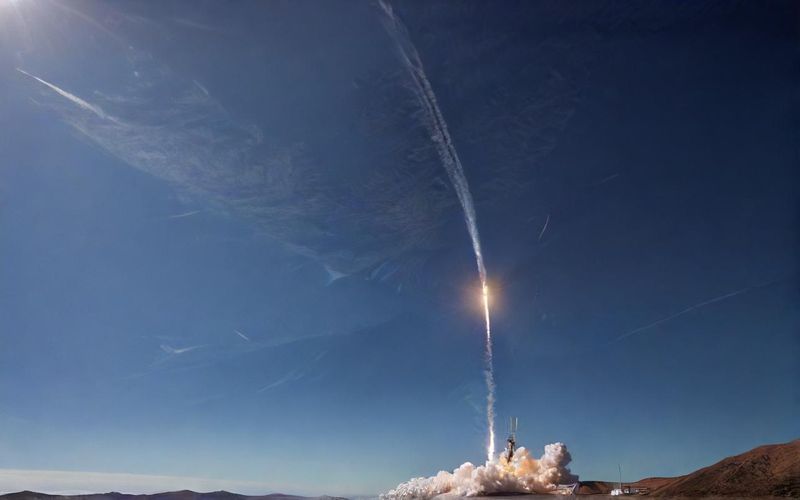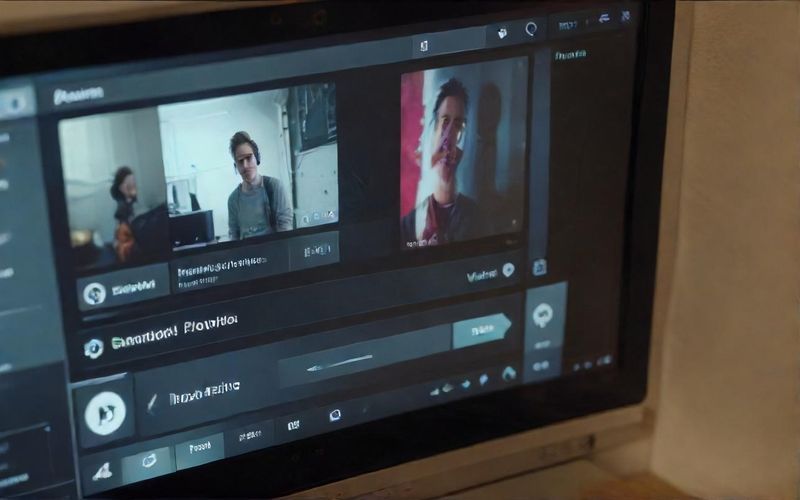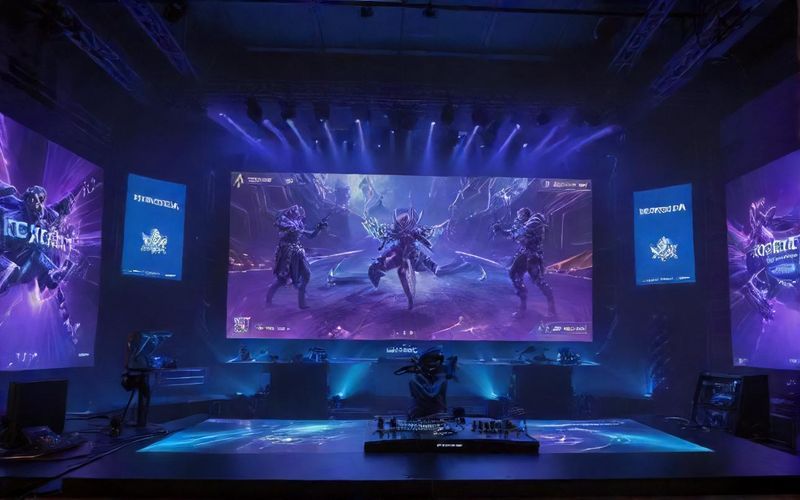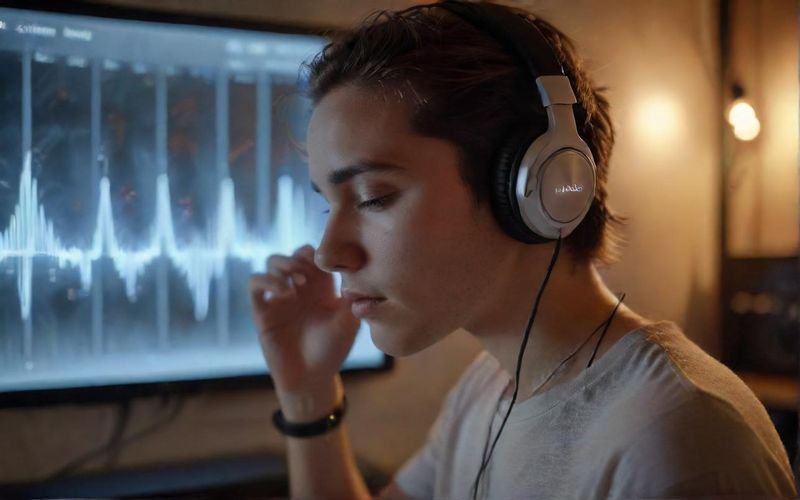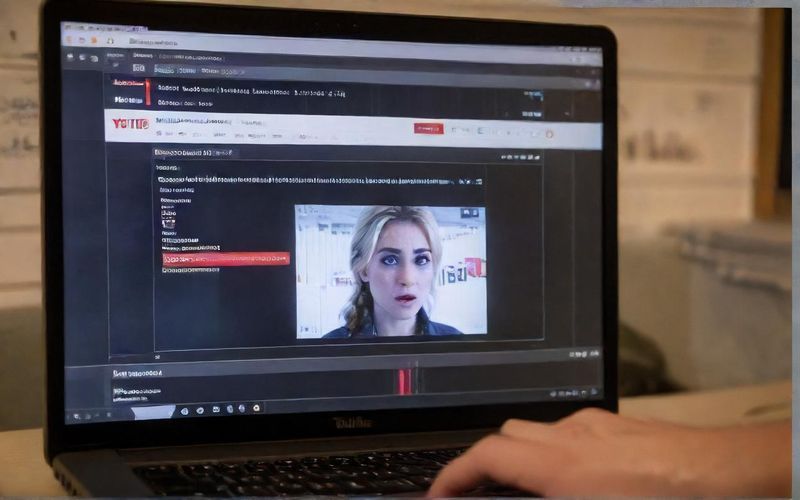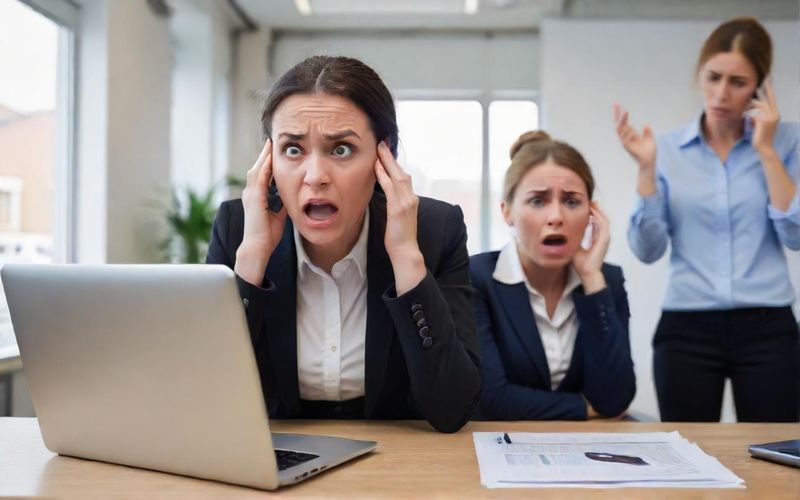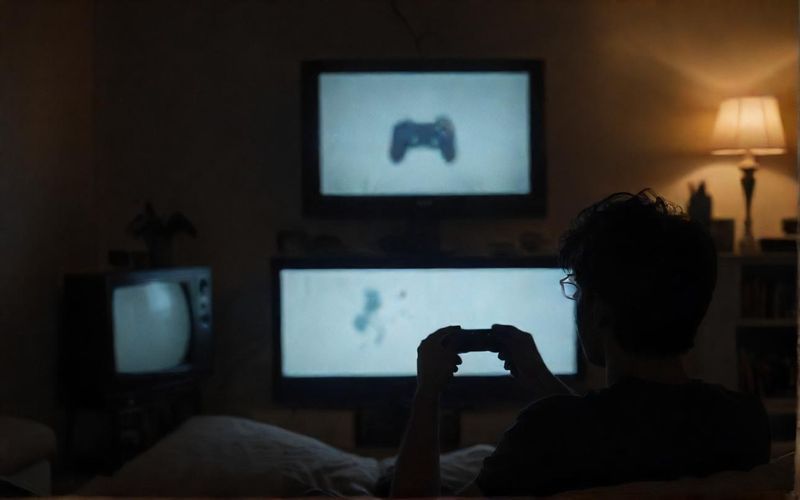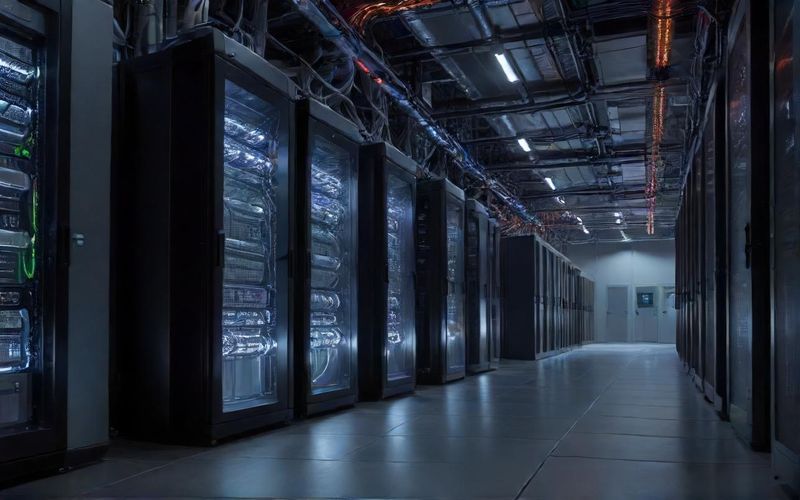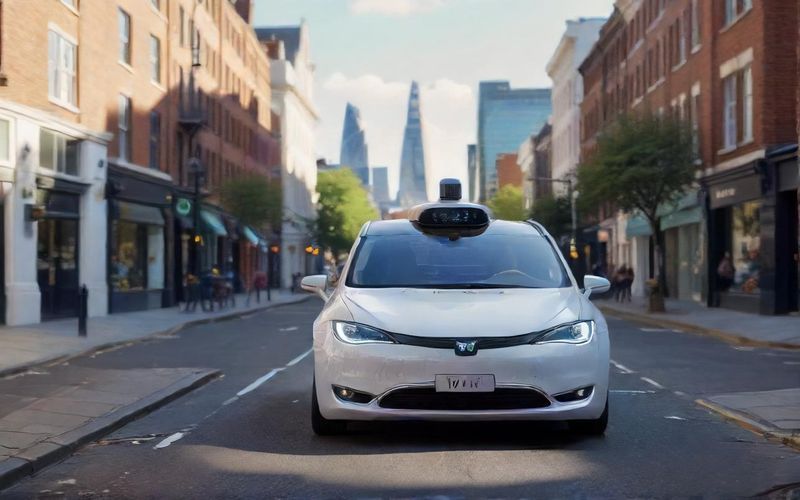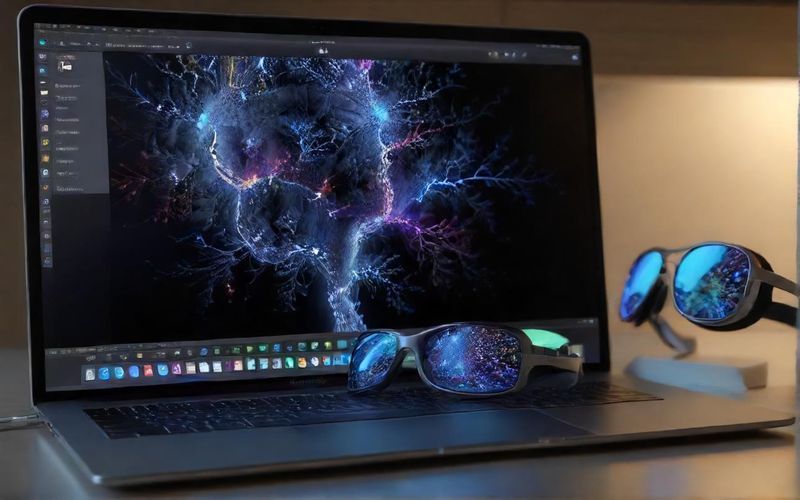Google Uses 20B YouTube Videos to Train AI
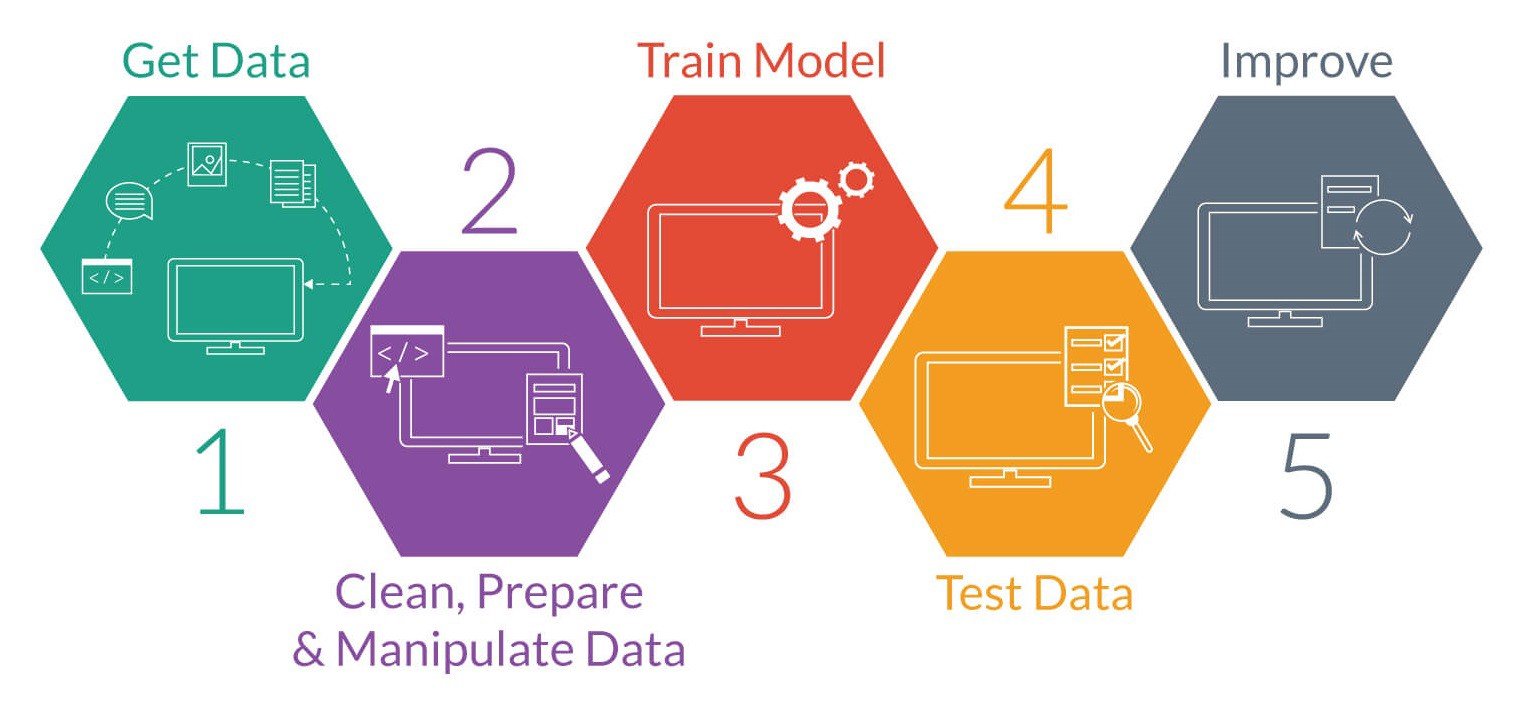
Google is leveraging its vast YouTube video library to train its artificial intelligence models, including Gemini and the advanced video and audio generator Veo 3, according to CNBC. While Google confirmed using a "subset" of its 20 billion videos for this purpose, the scale remains staggering. Even using just 1% of the catalog equates to over 2.3 billion minutes of content – significantly more training data than competitors utilize.
This practice, while disclosed in a September blog post, is reportedly not widely understood by creators and media companies. Experts express concerns about potential intellectual property (IP) infringement. The lack of creator opt-out regarding Google's use of their videos for AI training is a significant point of contention.
Luke Arrigoni, CEO of Loti (a digital identity protection company), highlights the potential unfairness of using creators' work to generate synthetic versions without consent or compensation. Dan Neely, CEO of Vermillio (a company specializing in IP protection from AI misuse), cites instances where Veo 3 generated content closely mirroring original YouTube videos, using their proprietary Trace ID tool to demonstrate significant overlaps. One example involved a YouTube creator, Brodie Moss, with a Trace ID score of 71 for the video and over 90 for the audio alone.
While some creators express a more positive outlook, viewing AI as inevitable competition, many remain apprehensive about their work unknowingly fueling potentially competing AI tools. The lack of awareness about this practice underscores a larger concern regarding the use of user-generated content in AI development.
Google’s indemnification clause for Veo 3 covers copyright challenges related to AI-generated content, but the effectiveness of YouTube's tools for creators to control their likeness remains questionable. YouTube's partnerships with Creative Artists Agency and existing takedown requests offer some recourse, yet concerns persist regarding the reliability of these measures.
This situation mirrors broader industry anxieties highlighted by the recent Disney and Universal lawsuit against Midjourney, alleging copyright infringement. These developments highlight the need for stronger legal frameworks to protect creators' rights in the age of rapidly advancing AI, a sentiment echoed by Senator Josh Hawley. The ongoing debate underscores the complex relationship between AI development and the intellectual property rights of content creators.
